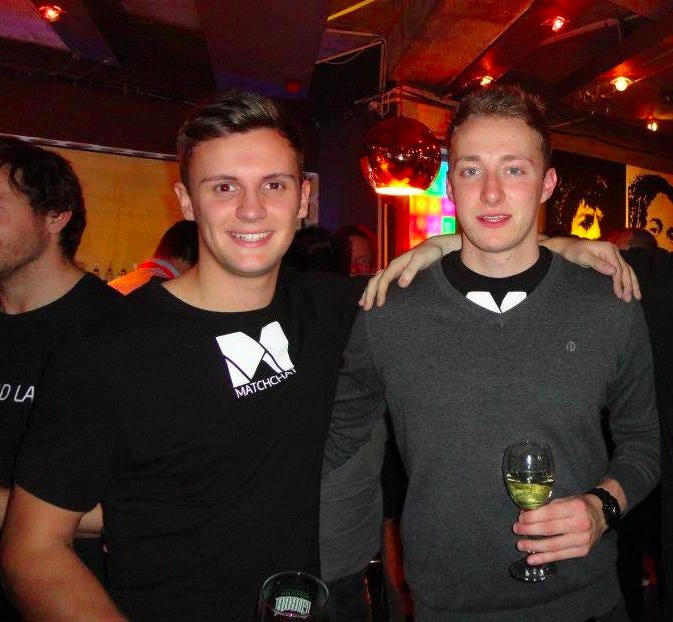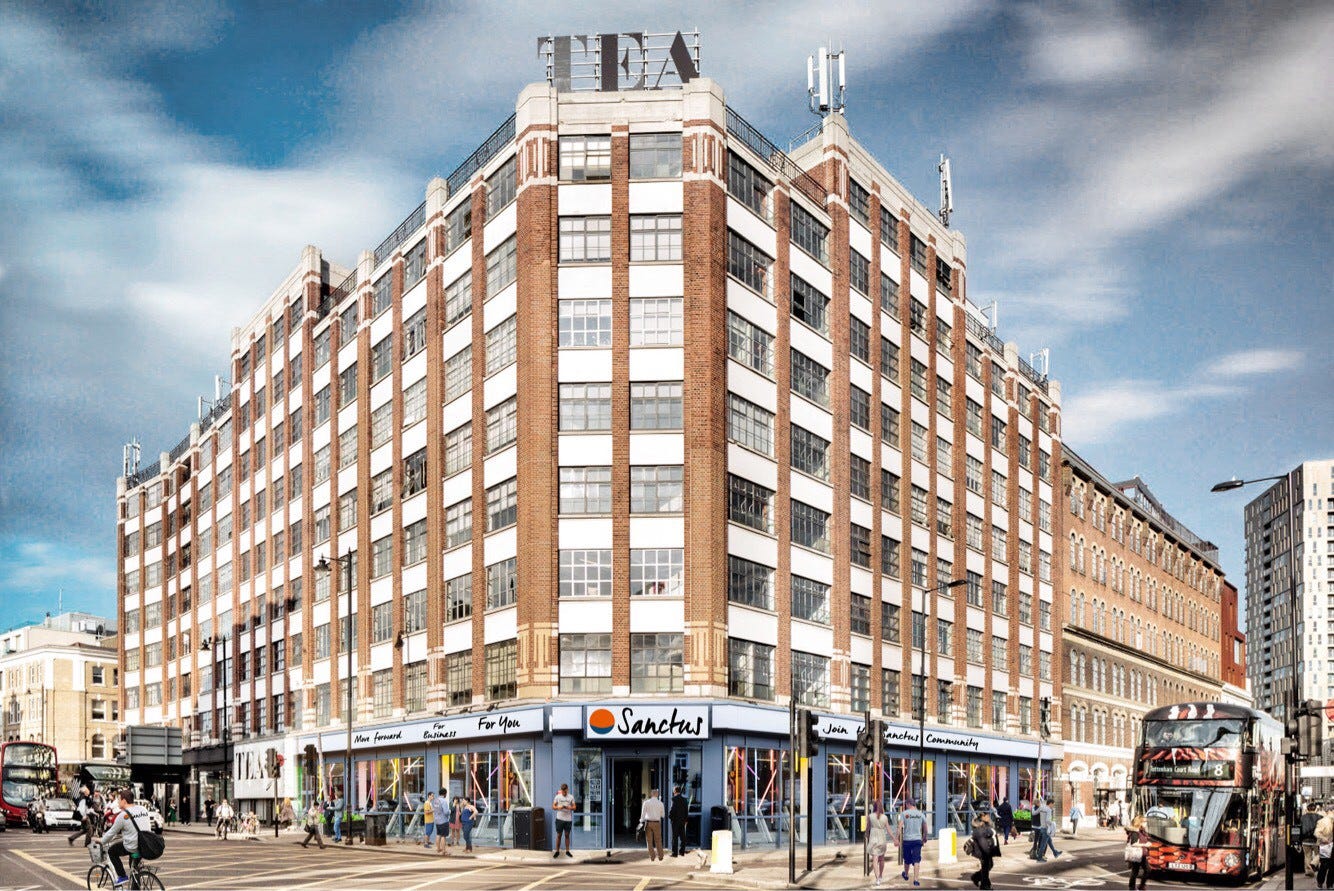The long game
Building a business that lasts a lifetime.
Like many millennial wantrapeneurs; George and I started reading TechCrunch and watched the Social Network at University in 2011. We idolised the rockstar CEOs of the big technology companies and dreamed of one day being them.
We saw the mirage of ‘#startuplife’ and journeyed towards it. Find a problem, have an idea, get a team, build a product, raise some investment, grow the business, raise more investment, grow more and then at some point sell the business for millions.
In our naive youth, we were looking for a quick win, a silver bullet that would bring us success and happiness.
We believed that a successful startup would be our golden ticket to financial freedom, self-worth and eternal happiness.

We were playing the short game and to get there jumped right on the accelerator and venture capital bandwagon, shooting for success, fast.
Accelerator program – Seed round – Series A – Series B — here we come!
We both crashed and burned. After 3 years our fuel ran out.
Once you’ve ran a business for about 6 months, you realise one thing – it’s not easy; mentally, physically, emotionally and financially.
When we both dramatically fell off the startup bandwagon we were left dazed, bewildered and confused.
Personally, I was left thinking “Why?”
Why was I putting so much energy into building something to then sell it, why was I rushing so much, why did I feel like I was competing, why did I feel so stressed, why did I feel so anxious?
What does it all mean, who am I doing it all for?
Together, we realised something that I think 90% of entrepreneurs today don’t realise.
We didn’t want to build and sell a startup really quickly.
We both wanted to grow a business for the rest of our lives.
We each came to realise that what we really want is a business that we’re in complete control of, where we decide it’s destiny, where we set the rules, where it becomes whatever we want it to become. We want to leave a lasting legacy, a valuable business that lasts for 100s of years. A business that’s a home, a family and a community for its employees, stakeholders and customers.
We’d been chasing a quick sell, but when we both spent a lot of time looking inside, we realised that vast amounts of money and the label of ‘success’ aren’t what we’re doing it for.
When I looked around me, it became more obvious to me. Founders who probably would be happy running a coffee shop that made them enough money to have a nice life and a family, were running technology enabled market places for coffee lovers with a machine learning algorithm to predict whether you prefer a flat white or a latte. They were out there trying to raise a 500k seed round.
It’s like shoving a square peg in a round hole, only a very small percentage of businesses are ripe for venture capital and high growth, yet the majority are chasing it.
What’s perverse is that the “alternative” is a profitable business, a business that makes more money than it spends each month.
We’re in the alternative camp with Sanctus.
We’re playing the long game and it’s transformed our experience of building a business.
We’re on a clear path to profitability this year and currently have no plans to ever raise venture capital or sell the business at all.
We want this to be our life’s work and want to build this company for the rest of our lives.
We believe that this is possible because the values of the company are so in line with our personal beliefs that the company itself is essentially our vehicle to create change and value in the world.
Playing the long game has completely changed our world-view on business.
As founders, we each feel more centred, more grounded and generally a lot calmer. Things aren’t always easy, but they are a lot simpler – get to profitability and stay there.
We feel more secure and I believe that permeates through everything we do. With our customers we openly say that we want to work them for the next 20 years. We don’t need 1000 customers in our first year, we need 30, so we can focus on having deep and meaningful relationships that aren’t hindered by insane growth targets.
Decisions are easier to make, because they aren’t as extreme – every day isn’t do or die. If a decision doesn’t fit with our values or get us closer to where we need to be, we don’t do it. We don’t have to take short cuts or cut corners, we can be thorough and actually afford to make mistakes. Slow and steady wins the race.
We aren’t obsessed by ROI and performance. Things need to work, of course, but we can invest in unquantifiable things like brand building, because we believe it’ll pay off in the long run. We’re in it for the long haul.

We think about our long-term future more.
Looking further ahead has allowed us to think about the future more and really visualise the life that we want. We can both picture a full life, with a family, with dogs and muddy Land Rovers. What do we want as individuals and how will Sanctus help us achieve that?
We both want a family and a business that we have a healthy relationship with. We don’t want to be the Dad’s that never see our kids and only have 2 hours with them when we do. Nor the Husbands that forget about our wives. We don’t believe that personal life should be sacrificed for business or vice-versa.
Work-life balance exists when you’re playing the long game. If we’re knackered we take the morning off, or a book holidays in advance because this is a marathon not a sprint.

Playing the long game has transformed what business means to both of us.
No longer does it feel like a frantic gold-rush where we’re trying to get rich quick. If anything, it’s actually pretty unglamorous, ask George when he’s knees deep in the accounts.
Not everyone wants to build a humongous business and sell it for hundreds of millions in five years.
Not everyone wants to scale really quickly.
We want a good honest business that is true to our values, that’s impactful and ambitious in the change it wants to create in the world.
We’ll make mistakes, we’ll stumble and we’ll falter, but we’ll pick our head’s up, look around and enjoy the journey as we’re on it.
We’re playing the long game.

